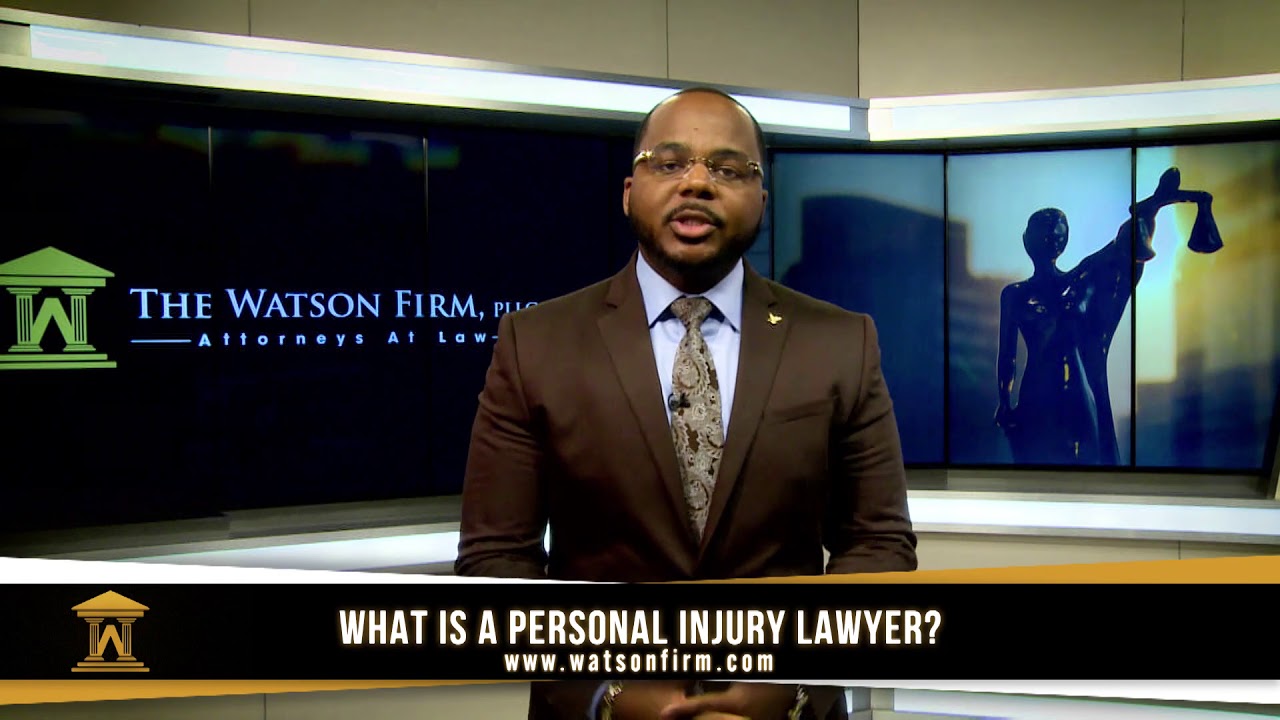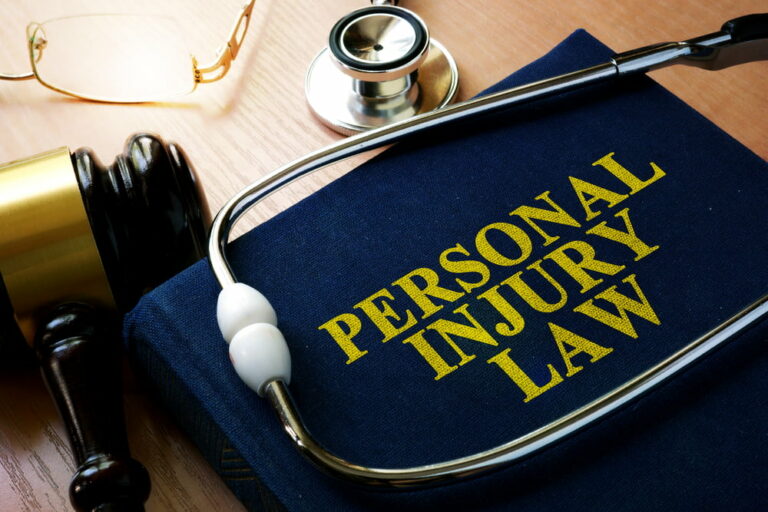7 skills for a successful law career
Commercial awareness

One of the most important skills lawyers need, it basically means possessing knowledge of current developments in local, national and world business, particularly any issues that impact a law firm and its clients.
Firms expect employees to market their services to prospective clients, as well as develop trusting relationships with existing ones. Ultimately, law firms are businesses, so lawyers must appreciate the commercial importance of meeting deadlines, keeping costs low and handling information confidentially.
A client, meanwhile, expects their lawyer to fully understand how their business is run, and which wider social, political and economic issues may affect them. If applicable, lawyers must also appreciate the short, medium and long-term implications of their client’s business proposal, and think strategically about the organisation’s strengths, weaknesses, opportunities and threats. This enables the lawyer to provide pragmatic, business-minded legal advice to the best of their ability.
Improve your commercial awareness by:
- becoming a committee member of a university club or society
- browsing specialist websites such as RollOnFriday, LawCareers.Net, The Lawyer, Legal Cheek and Legal Futures
- gaining work experience at a commercial organisation such as a bar, call centre, department store or, if possible, a law firm
- going on a gap year, as this will develop your budgeting, scheduling and cost-cutting skills, and give you an international perspective on business issues
- joining industry-specific forums that allow you to attend seminars and network with business professionals
- listening to business-related podcasts or radio shows, such as BBC Radio 4’s Today programme
- reading business publications such as the Financial Times and The Economist, and the business pages of a daily newspaper such as The Times
- watching business-related television programmes such as Newsnight and Panorama.
You’ll be expected to show commercial awareness during the application process by demonstrating a thorough knowledge of the firm you’re applying to. It’s also likely that you’ll be tested during an assessment day. You may be asked questions such as:
- What business deal or story has most interested you recently?
- In x business deal what role did the firm play?
- How could the firm prepare for an economic downturn?
Attention to detail

Accuracy is pivotal to the success of your legal career. A single word out of place can change the meaning of a clause or contract, while misspelt or ungrammatical emails, letters or documents give clients a bad impression, costing your firm their business.
When applying for jobs or training contracts remember that employers look for spelling, punctuation and grammatical errors. If your cover letter is vague, too long or littered with spelling mistakes, a recruiter may question what a potential client would make of your letter of advice. To improve attention to detail, volunteer your proofing services to student publications and get used to going through your own work with a fine-tooth comb.
Communication

Strong oral and written communication skills are crucial and without them you’ll struggle to carry out the duties of a solicitor effectively. Excellent listening ability is also important when working with clients, as you need to be able to build relationships and engender confidence.
You need to be a confident speaker when arguing a case in court, negotiating settlements and explaining complex information to clients. You’ll have to use persuasive, clear and succinct language. Public speaking is also required in the role of a barrister. To hone this skill while at university, volunteer as the spokesperson in group activities or get involved in debate teams.
Written ability is equally important when drafting letters and legal documents. You’ll need to know technical and legal language and be able to convey it clearly and concisely. To improve your written communication skills, get involved with your university’s law society. You could take meeting minutes, draft emails, write newsletters or manage social media accounts.
Teamwork
You’ll work alongside a variety of people and winning cases will be a team effort. Solicitors need to collaborate with colleagues and partners in their firm, as well as liaise with clients. Barristers need to foster a close working relationship with their clerks and will often work high-profile cases alongside other barristers. The ability to work as part of a team is essential and you’ll need to be able to deal with people from all levels of the legal hierarchy, from trainees and pupils, to members of the judiciary.
It’s also vital that clients trust their legal representatives, so you’ll need to be personable, persuasive and polite.
The easiest way to hone your people skills is to join a team. This could be a sports team, drama club or choir – anything that enables you to work with others. Alternatively, get involved with editing the student newspaper or join a debating society. Part-time work in a customer service role is another way to improve this skill. Discover how to balance work and study.
Information analysis and research
Reading large amounts of information, absorbing facts and figures, analysing material and distilling it into something manageable is a feature of any law career.
Being able to identify what is relevant out of a mass of information and explain it clearly and concisely to your client is key. Hone this skill by taking large documents or long news articles and making five-point bulleted lists of the most important themes.
Research also plays a huge role in a lawyer’s day-to-day job. You’ll need research skills when doing the background work on a case, drafting legal documents and advising clients on complicated issues. Use your time at university to familiarise yourself with internet and library resources and build up a network of contacts. As a newly qualified solicitor or barrister industry connections can prove to be a useful source of advice.
Organisation
Researching points of law, drafting legal documents and contracts, managing case files, meeting clients, attending court and networking with legal professionals – it’s fair to say that the life of a solicitor or barrister is one big juggling act. The ability to prioritise and remain focused among competing priorities is essential and that’s why organisational skills are so important.
You’ll have plenty of opportunity to hone this skill throughout your training and work experience. To demonstrate it to employers you could mention how you held down a part-time job or the membership of a society while studying. Or perhaps you organised an event.
Creative problem solving
Some may think that the legal profession provides little outlet for an individual’s creative talent but this simply isn’t the case. No matter which legal career you choose you’ll frequently have to think outside the box to get the job done.
As all experienced solicitors and barristers know, the best course of action isn’t always the easiest or the most obvious. To outmanoeuvre opposing parties and secure a positive result for your client you’ll need to employ your creative thinking and problem-solving skills on an almost daily basis.
A good way to develop these abilities is to take part in student competitions, such as mooting, become a student representative or gain a position on your students’ union.
Other useful skills
- Resilience and self-confidence – when it comes to standing out from the crowd, determination and enthusiasm go a long way – as does resilience and confidence in your own abilities. Don’t be overwhelmed by difficulties in securing a training contract or pupillage. Have the confidence to apply (and re-apply if necessary), seeking and acting upon feedback. Do you need to develop your skills further or gain a better understanding of the profession? Do you know how to sell your experience against the skills required?
- Initiative – while being able to work successfully as part of a team is essential, there’ll be instances where you have to show initiative and independence. You’ll sometimes have to make quick decisions, without conferring with colleagues.
- The ability to work under pressure – solicitors and barristers manage heavy workloads to tight deadlines and the outcome of this work has the potential to have a lasting impact on the lives of their clients.
Thanks to law courses and legal work experience many students and graduates already have these skills and the potential to succeed, but they just don’t know how to use relevant examples to illustrate these abilities. It takes practice to get it right. If you are interested just contact us for more information.



